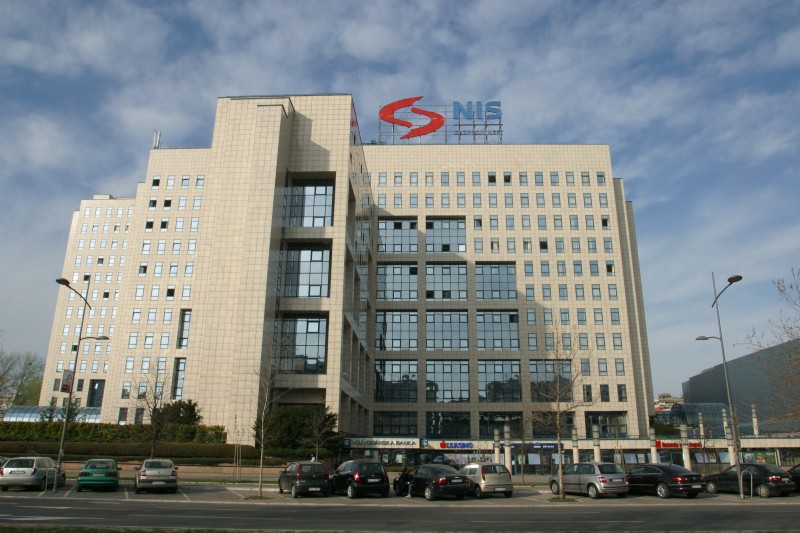Reported by
U.S. sanctions on Serbia’s state-linked energy firm Naftna Industrija Srbije (NIS) took effect on Thursday, ending months of temporary delays that had allowed the company to keep operating despite its ownership ties to Russia’s Gazprom Neft.
The enforcement — repeatedly postponed over the past year — came despite expectations of another short delay. On October 8, the U.S. Treasury granted Croatia’s pipeline operator JANAF permission to continue oil shipments to NIS’s refinery in Pančevo until October 15, 2025, but the following day NIS said it had received no new waiver.
“The company has not been granted a special license by the U.S. Department of the Treasury to ensure uninterrupted business activities,” NIS said in a statement, adding that it had taken “all necessary measures to maintain stable operations and fuel supply.”
Local outlet Nova Ekonomija had reported that the sanctions might be delayed for another week, but NIS did not confirm this, saying it continued to work with the Serbian government, shareholders, partners, and the U.S. Treasury on its request to be removed from the Specially Designated Nationals (SDN) list which is a “lengthy and complex process.”
President Aleksandar Vučić said Belgrade would “continue talks with Russia” about NIS’ future, adding there was “nothing left to discuss with the United States.” He warned that the European Union was likely to support Washington’s move, potentially halting crude deliveries from Croatia through the JANAF pipeline.
“Oil derivatives still play a major role in Serbia’s economy — not only as inputs for transport and industry, but as a strategic factor of energy security,” Miodrag Kapor, a Serbian energy analyst, told OCCRP.
He noted that NIS contributes 7–13% of Serbia’s budget revenues and employs over 13,000 people, adding that “OFAC sanctions would cause a sharp rise in fuel prices, directly increasing transport costs and creating significant inflationary pressure on goods and services.”
Croatian Prime Minister Andrej Plenković confirmed that U.S. sanctions prevent JANAF from continuing oil transport to Pančevo.
“We hope the ownership structure of NIS will change, allowing the resumption of oil shipments,” he said.
Gazprom Neft currently owns 44.85% of NIS, the Serbian government 29.9%, and Gazprom Kapital’s subsidiary AO Intelligence 11.3%, with the rest held by minority investors.
Kapor said NIS’s operations are unsustainable in the medium term.
“I do not expect official Belgrade to make any move that does not receive a green light from the Kremlin,” he told OCCRP, noting that negotiations between U.S., EU, and Russian lawyers over the sanctions’ enforcement are still ongoing “behind closed doors.”
Founded in 1949, NIS is Serbia’s only oil and gas producer, running the Pančevo refinery and a network of over 400 gas stations across the Balkans. Its revenues have long been a key source of income for the Serbian budget.
Since Russia’s full-scale invasion of Ukraine, Serbia has resisted joining Western sanctions on Moscow, relying on discounted Russian energy. With U.S. and EU restrictions tightening, analysts say Belgrade now faces a stark choice: reduce Russian ownership to keep energy flows through EU infrastructure — or risk isolation from key supply routes.






